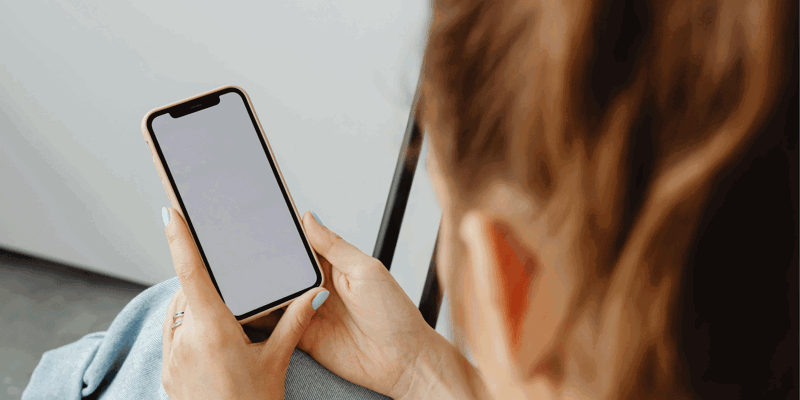
Family Justice Council guidance on covert recordings in family law proceedings: what you need to know
The Family Justice Council has published its guidance on the use of covert recordings in family law cases concerning children.
In this briefing, associate Mae Al-Omari outlines the key points contained in the guidance and what they mean for families.
What are covert recordings, and why are they made?
Covert recordings are recordings that are made without the knowledge or permission of the person being recorded. The guidance has been long awaited as the issue of covert recordings is increasingly being raised in family court proceedings. This is no surprise given the advancement in technology in recent years and the widespread access to phones and other recording devices. The guidance aims to promote good practice in the family courts when a party wishes to rely on covert recordings.
There a number of reasons why someone might choose to covertly record. Parents may wish to record meetings with social workers, for example, because they want to have an accurate record of a meeting or because they are trying to gather evidence. A parent may record an interaction with the other parent because they may be trying to provide evidence to the court of certain behaviours.
Understanding good practice
Whilst covert recordings have occasionally been useful in a limited number of cases, the guidance states that the intrusion and privacy breach can be very harmful, so anyone secretly recording needs to be mindful of the impact and potential consequences. For example, if someone decides to covertly record another person, the court could view this as harassment, or could view this as an intrusion of that person’s privacy. It is vital to remember that the court will take all of this in to account when looking at the child’s overall welfare.
It is important therefore to have an understanding of what is good practice and how the courts will deal with this issue. Here are some key points from the guidance:
- Covert recordings are not automatically accepted as evidence. The judge hearing the case should think about whether the recording is relevant to the issues in the case, whether the recording has been altered in any way, and whether admitting it as evidence serves the welfare of the child
- Anyone wishing to rely on covert recordings should raise the issue early in the court proceedings and make the necessary application. There may need to be a special hearing to decide if the recording can be admitted in to evidence
- Covert recording of children is generally not approved of. If someone decides to covertly record a child, the court will look at whether this was harmful to the child
- The court should consider the potential need for representation of the child, whether the child should be told that they have been recorded, and whether the child should be required to give evidence
- Court hearings must never be recorded, and any unauthorised recording is a criminal offence
- If someone wishes to record a meeting with a professional e.g., a social worker, then permission from that professional should be obtained.
How can we help?
The guidance provides clarity on how these cases should be managed to ensure that a more consistent approach is taken across the board. Whilst there isn’t a complete prohibition on the use of covert recordings, the guidance serves as a clear warning to anyone who is thinking about secretly recording another person to use as evidence in family court proceedings. Sometimes, just the act of secretly recording can have more of an impact on a judge’s decision, than the recording itself.
If the issue of covert recordings arises in your case, one of our specialist children lawyers will be able to advise you throughout the court process.
The full guidance can be found here.
About Mae
Mae Al-Omari is an associate in the family and children team. She advises on a range of both private and public law children matters, representing parents, children and other family members. Mae has extensive experience in representing parents in care proceedings where there are concerns of domestic abuse, neglect, drug & alcohol misuse, and in cases where there is concern of non-accidental injury to the child.
Get in touch
If you would like to speak with a member of the team you can contact our family and children solicitors by telephone on +44 (0)20 3826 7520 or complete our enquiry form.








